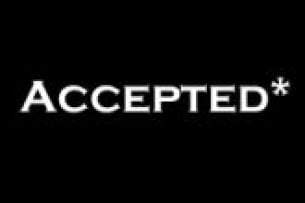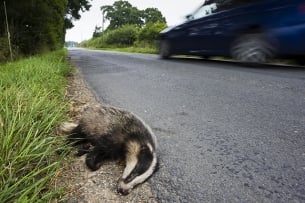Filter & Sort
Lessons From Wyoming
Susan Resneck Pierce looks at a very short-term presidency and asks if there are lessons about how a new campus leader can promote change and build support for a new agenda.

'And Your Preferred Pronoun'?
Eric Joy Denise explains the importance of asking the question.
Your Discipline Is a Frat
Success rarely is built on merit alone, writes Nate Kreuter.
When They Want More
Cheryl E. Ball walks through what you'll need when you are asked for "additional materials."
Capturing Institutional Knowledge
The transitory nature of Gen X and millennial employees puts colleges at risk of losing significant amounts of business and operational knowledge, unless they do something to document it, writes Andrew M. Peña.

Academic Roadkill
Martin H. Krieger wants to help you avoid an unhappy -- but possible -- fate.
You Need a Website
Eszter Hargittai and Brayden King share ideas about what should be there.
Sending Signals With a Résumé
Colleges scanning your application should be able to tell that you "get" what it takes to work at that type of institution. Trenda Boyum-Breen explains how to do it.
Pagination
Pagination
- 341
- /
- 431